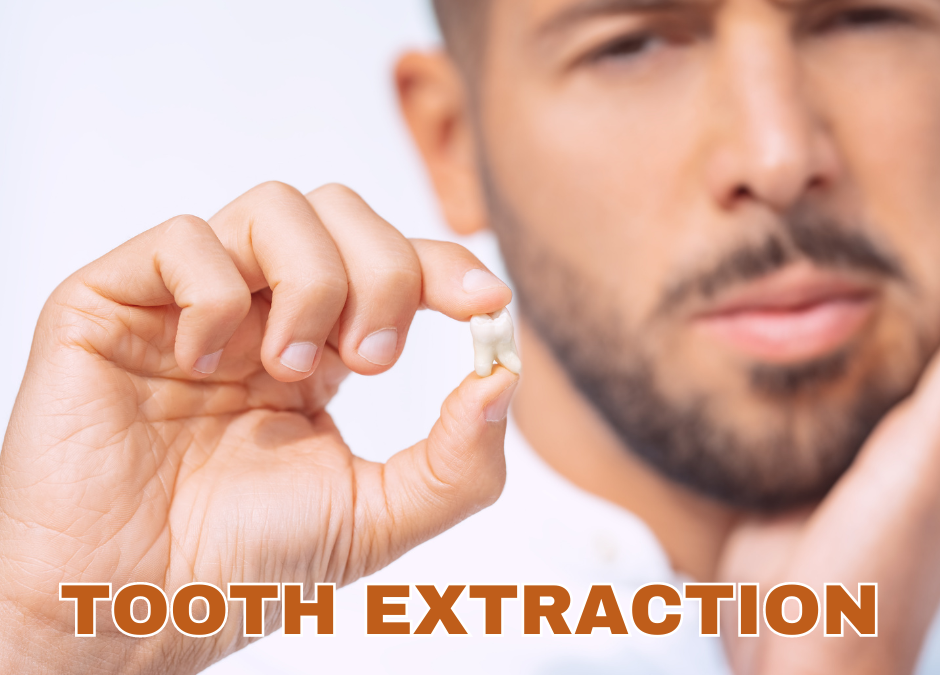What Is the Common Procedure for Extracting a Tooth | The Common Risks Associated with Removing a Tooth
Though many dental health issues can be treated without removing any of your teeth, there are situations where it’s in your best interests to have a tooth extraction. Though it’s a fairly common procedure, and can be performed in the offices of your family dentist or in an emergency dental clinic, there are situations where it may become fairly complex, requiring the services of an oral surgeon or a periodontist.
What Is the Basic Process for Extracting a Tooth?
The American Dental Association estimates that more than five million teeth are extracted from patients across the United States every year. In simple extractions, the process usually involves three steps:
- The administration of a local anesthetic to allow for pain-free extraction
- The use of a tool known as an “elevator” to loosen the tooth in the gum
- The extraction of the tooth with a pair of forceps
In more complicated procedures, the surgeon may require or recommend some form of sedation, in addition to a painkiller. Occasionally, the surgeon may need to break the tooth into smaller pieces for removal.
What Can You Expect after a Tooth Extraction?
Once the tooth has been extracted, the socket may need to be cleaned out or there may be rough pieces of bone. The surgeon should take care of these issues, and may need to use sutures to close the gums. There can also be a fair amount of blood loss, so you may have a damp piece of gauze on the gum to minimize the bleeding.
The Common Risks of Having a Tooth Extraction
Though countless extractions are performed without significant issue, there are some potential adverse effects:
- Infection
- Nerve damage
- Bruising or inflammation at the site of the extraction
- Cracked, broken or chipped teeth near the extraction
- Dry socket, where the blood clot in the socket falls out
Let Hippo Hutto Family Dental Handle Your Tooth Extraction
At Hutto Hippo Family Dental, we are always here to help with any questions or concerns you have about your dental health, including oral hygiene and the prevention of tooth decay. Call us at (512)806-7740 to schedule an appointment.







Recent Comments